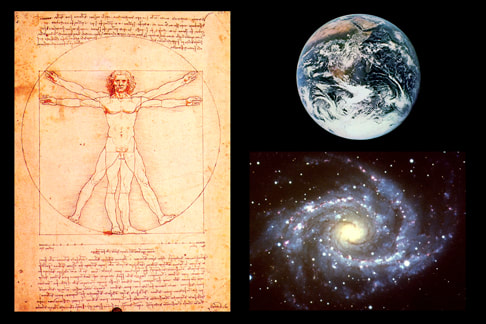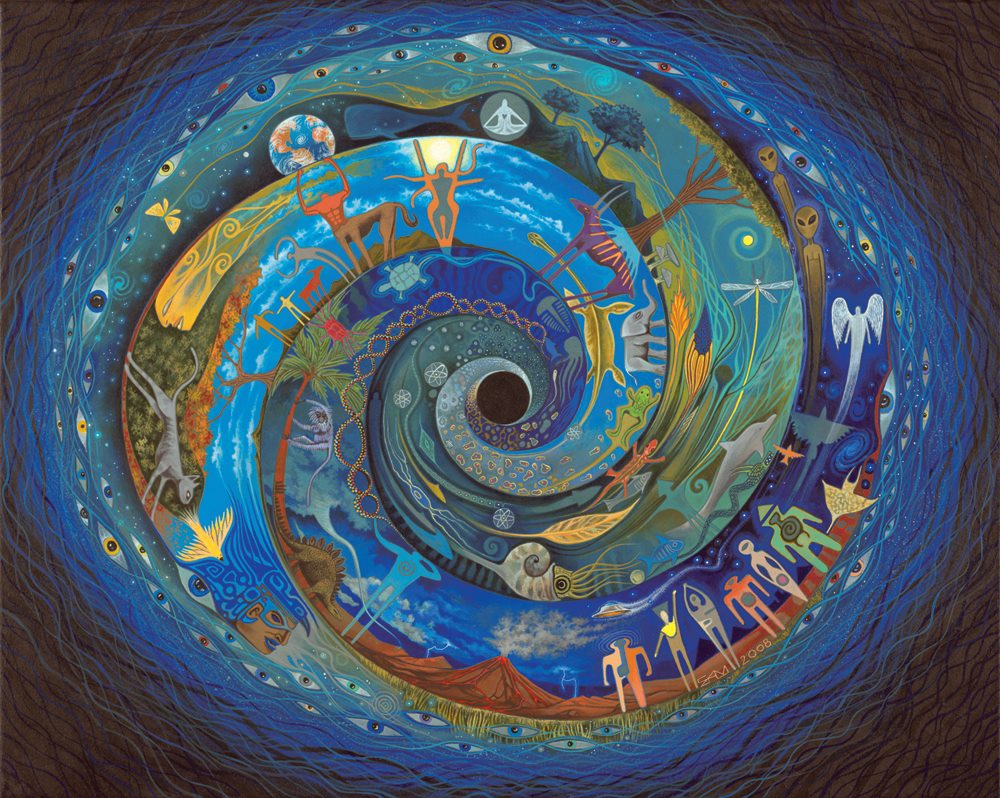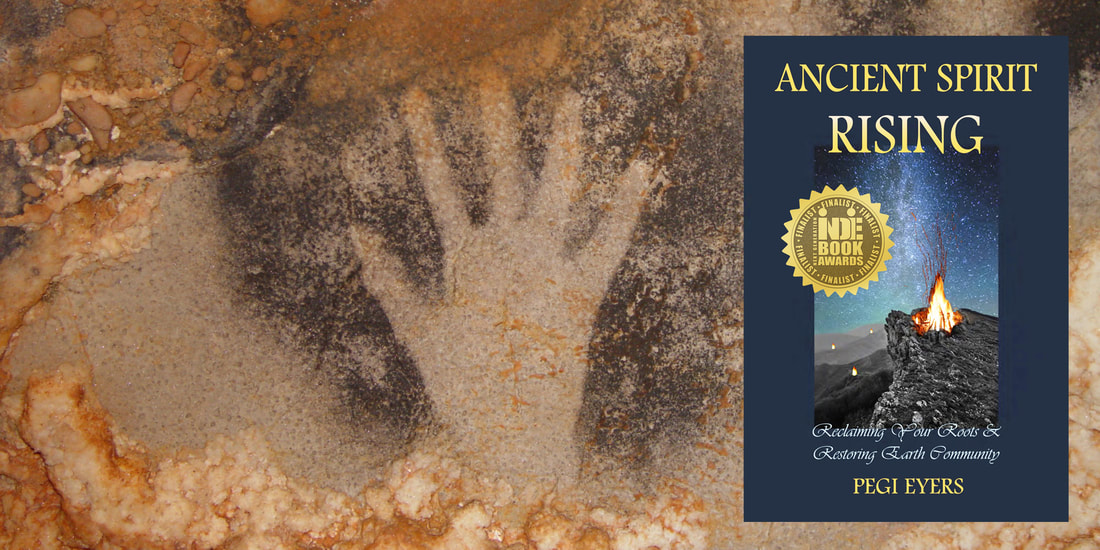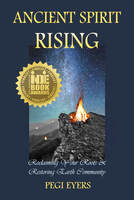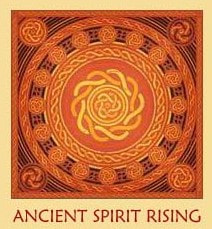A Critique of the Cosmopolis Project by Pegi Eyers
“In contemporary language, we are citizens of the planet.”
The Cosmopolis Project
www.cosmopolisproject.org/what-is-a-cosmopolis
As citizens of the planet it is probably not a “global civilization” that we need, as the very notion is doomed to failure! Instead, what we really need is to cultivate the respect and tolerance for cultural diversity that has been missing (so far) in human history. For millennia we flourished in diverse networks or collectives separated by geography, yet to this day we still lack the necesssary skills for intercultural learning, or integration for common causes. As a solution, the “cosmopolis” myth is deeply flawed, as it implies homogeneity, a uniform monoculture or some kind of “global order,” which goes against natural law. In reality, it is a great diversity of species, including human variations, that are critical to healthy and thriving populations and ecosystems on our beleaguered planet.
Also, one has to wonder who will be in charge of this universality, and what the default would be for this “global civilization.” Oh wait - it will be dominated by the western world (as usual)! Unfortunately the Western academics and New Agers who promote the “global civilization” narrative fail to take into account the opinions of thousands of other cultural groups who do not see the world through a Western lens. Ask any indigenous person who has adapted to a particular bioregion and flourished within the ethnoculture that arose from that particular bioregion if they are interested in a “global civilization.” To earth-emergent societies living within the carrying capacity of the land and within the limits of natural law, the very notion is ludicrous.
Another biased claim is that the “vision of a an ordered cosmos radiant with wholeness, relatedness and beauty” and the idea of “living nature” only come from the Western tradition. Again, excluding thousands of other cultural groups that have reached the same visionary conclusions, this narrow view must border on white supremacy. And the Western perspectivism employed by the Cosmopolis Project is another failure, with the assumption being that “civilization” is the only correct way for humanity to be living on the planet. As it turns out, the exact same Western science that the Cosmopolis Project applauds has proven that pre-agricultural hunter-gatherer societies are the most healthy for human life.
In the face of looming climate change and massive collapse, humanity needs to make a serious course-correction, but it is astounding how off-track Western academics can be. The “global civilization fantasy” denies the importance of locally-rooted culture, and ignores and bypasses what is precious and sacred about the specific place and community where one is actually living. Having a focus on the “fulfillment of the cosmic process,” or “a felt sense of the transcendent” only reinforces an abstract, vertical worldview away from, and separate from the Earth, instead of a horizontal vision which would encompass the home landscapes that we know and love. Realizing ourselves as “living embodiments of a vast cosmic process” must at the same time be grounded in a revered focus on the terraforms, plants, creatures, cycles and elements of nature in our own bioregions.
As citizens of the planet it is probably not a “global civilization” that we need, as the very notion is doomed to failure! Instead, what we really need is to cultivate the respect and tolerance for cultural diversity that has been missing (so far) in human history. For millennia we flourished in diverse networks or collectives separated by geography, yet to this day we still lack the necesssary skills for intercultural learning, or integration for common causes. As a solution, the “cosmopolis” myth is deeply flawed, as it implies homogeneity, a uniform monoculture or some kind of “global order,” which goes against natural law. In reality, it is a great diversity of species, including human variations, that are critical to healthy and thriving populations and ecosystems on our beleaguered planet.
Also, one has to wonder who will be in charge of this universality, and what the default would be for this “global civilization.” Oh wait - it will be dominated by the western world (as usual)! Unfortunately the Western academics and New Agers who promote the “global civilization” narrative fail to take into account the opinions of thousands of other cultural groups who do not see the world through a Western lens. Ask any indigenous person who has adapted to a particular bioregion and flourished within the ethnoculture that arose from that particular bioregion if they are interested in a “global civilization.” To earth-emergent societies living within the carrying capacity of the land and within the limits of natural law, the very notion is ludicrous.
Another biased claim is that the “vision of a an ordered cosmos radiant with wholeness, relatedness and beauty” and the idea of “living nature” only come from the Western tradition. Again, excluding thousands of other cultural groups that have reached the same visionary conclusions, this narrow view must border on white supremacy. And the Western perspectivism employed by the Cosmopolis Project is another failure, with the assumption being that “civilization” is the only correct way for humanity to be living on the planet. As it turns out, the exact same Western science that the Cosmopolis Project applauds has proven that pre-agricultural hunter-gatherer societies are the most healthy for human life.
In the face of looming climate change and massive collapse, humanity needs to make a serious course-correction, but it is astounding how off-track Western academics can be. The “global civilization fantasy” denies the importance of locally-rooted culture, and ignores and bypasses what is precious and sacred about the specific place and community where one is actually living. Having a focus on the “fulfillment of the cosmic process,” or “a felt sense of the transcendent” only reinforces an abstract, vertical worldview away from, and separate from the Earth, instead of a horizontal vision which would encompass the home landscapes that we know and love. Realizing ourselves as “living embodiments of a vast cosmic process” must at the same time be grounded in a revered focus on the terraforms, plants, creatures, cycles and elements of nature in our own bioregions.
As we move away from the alienation that was imposed on us by the scientific paradigm, we begin to reconnect to the land and the cycles of all life, and to engage in the recovery of our deepest ancestral knowledge. Accessing our own specific pre-colonial heritage(s) allows us to hold the tension between microcosm and macrocosm, and enhances our ability to preserve the distinct ethnographic practices that reflect our “oneness” with our beloved landscape, the places we call home. Honoring the multiplicity that is the human experience, we come to see that all beings are distinctly separate but forever connected in Earth Community, and in the end, become empowered to embrace a much-needed , and in the end, become empowered to embrace a much-needed Unity in Diversity with the circle of all life.
Pegi Eyers is the author of Ancient Spirit Rising: Reclaiming Your Roots & Restoring Earth Community, an award-winning book that explores strategies for social justice, uncolonization, ethnocultural identity, building land-emergent community & resilience in times of massive change.
Available from Stone Circle Press or Amazon.
Available from Stone Circle Press or Amazon.
